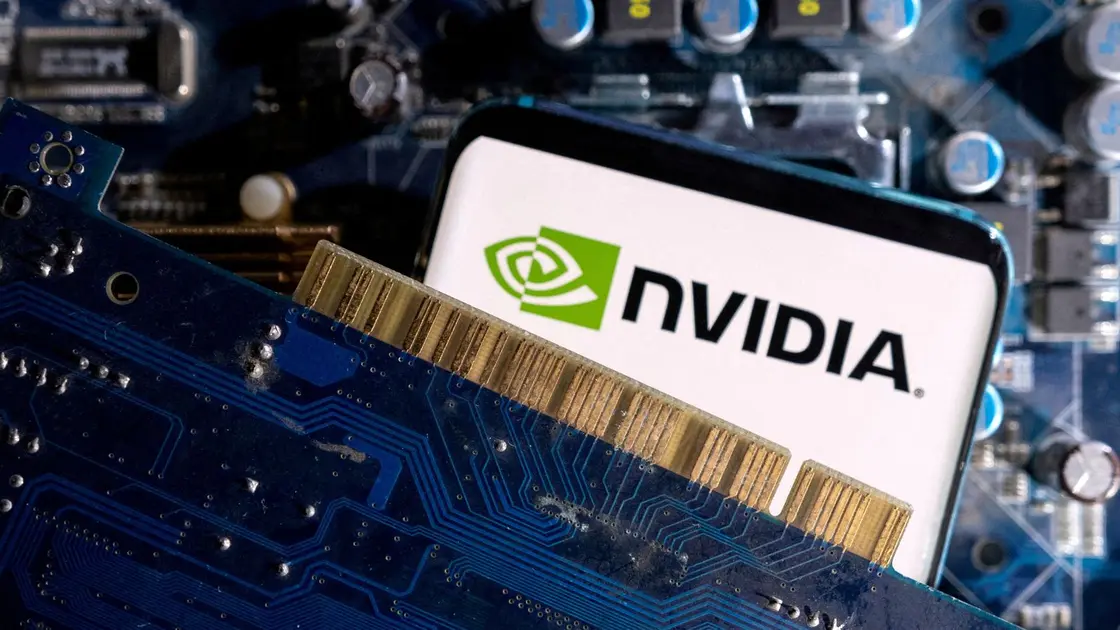T4K3.news
Chinese nationals charged with Nvidia chip export violations
Chuan Geng and Shiwei Yang face charges for exporting restricted chips from the US to China.
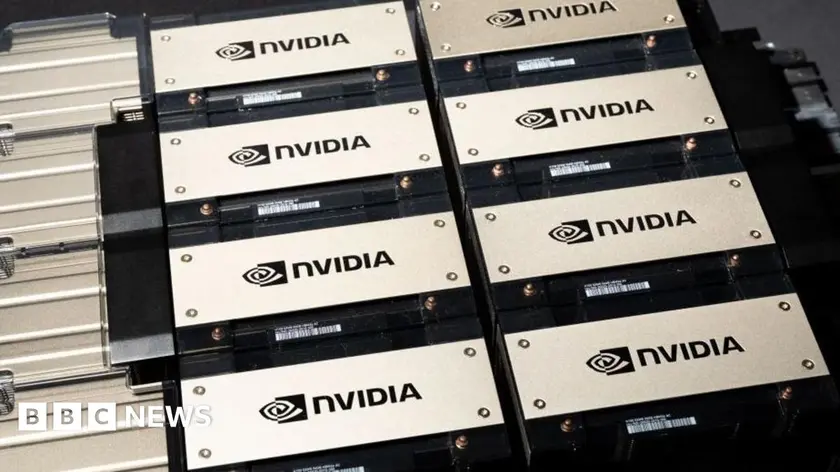
Chuan Geng and Shiwei Yang are accused of exporting the chips from the US to China through Singapore and Malaysia.
Chinese nationals face charges for illegally exporting Nvidia chips
Chuan Geng and Shiwei Yang, two Chinese nationals, have been charged with illegally exporting Nvidia AI chips from the United States to China via intermediaries in Singapore and Malaysia. The U.S. Department of Justice (DOJ) alleges that the pair, associated with a small California-based firm, ALX Solutions, coordinated shipments of restricted computing products without the required licenses from U.S. authorities. Court documents indicate that the company sent several shipments of goods worth millions, with indications that funds were funneled through companies in Hong Kong and China. Both Geng and Yang are facing potential prison sentences of up to 20 years if convicted.
Key Takeaways
"Neither ALX Solutions nor Geng or Yang applied for or obtained a license from the Commerce Department."
This highlights the unauthorized nature of their exports.
"It appears that ALX Solutions shipped the Nvidia products to different end users."
This suggests broader implications for export accountability.
This case highlights the ongoing tensions between U.S. tech companies and national security concerns regarding technology transfer to China. As global demand for AI technology rises, the regulatory landscape becomes increasingly complex. Companies like Nvidia are under pressure to ensure compliance with export laws, as failure to do so can lead to severe penalties. The use of third-party countries as transit points raises further questions about the efficacy of current export controls.
Highlights
- Exporting Nvidia chips without a license is a serious offense.
- Using transit hubs to conceal shipments raises red flags.
- The implications of this case extend far beyond individual actions.
- Technology transfer to China remains a key national security concern.
Risks associated with illegal export of technology
The case could lead to significant legal consequences for the individuals involved and raises concerns about international compliance with U.S. export laws. The scrutiny of tech companies regarding their supply chains could result in stricter regulations and heightened tensions in U.S.-China relations. Further backlash may arise from stakeholders in both countries.
As technology regulations tighten, the implications for international trade are significant.
Enjoyed this? Let your friends know!
Related News
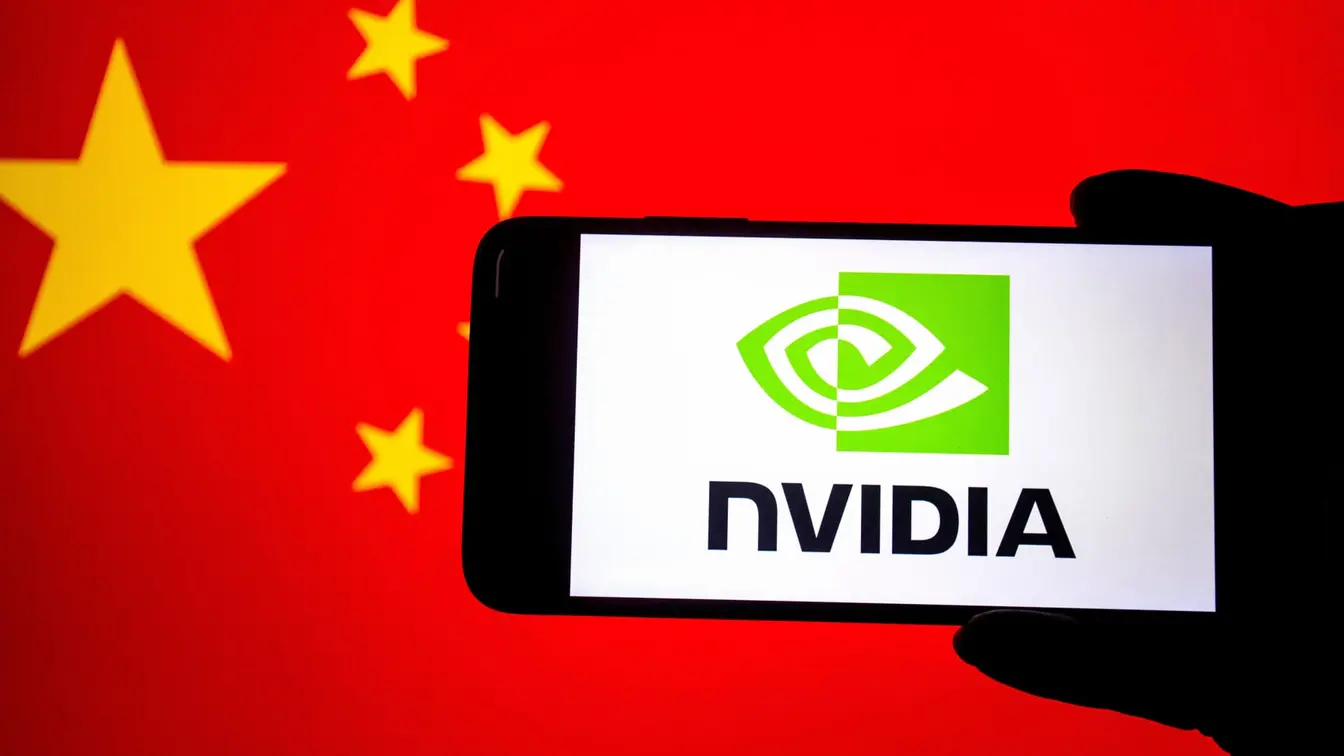
Two charged with illegal shipment of Nvidia chips

Nvidia and AMD face new export rules
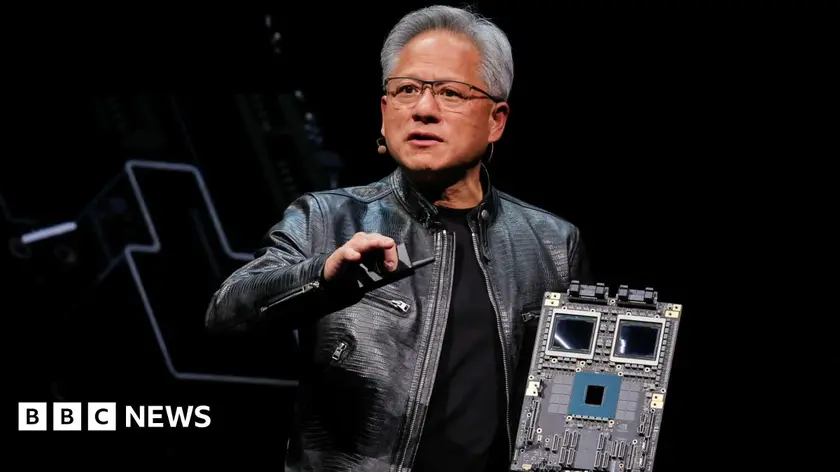
Nvidia and AMD sign 15% China sales agreement
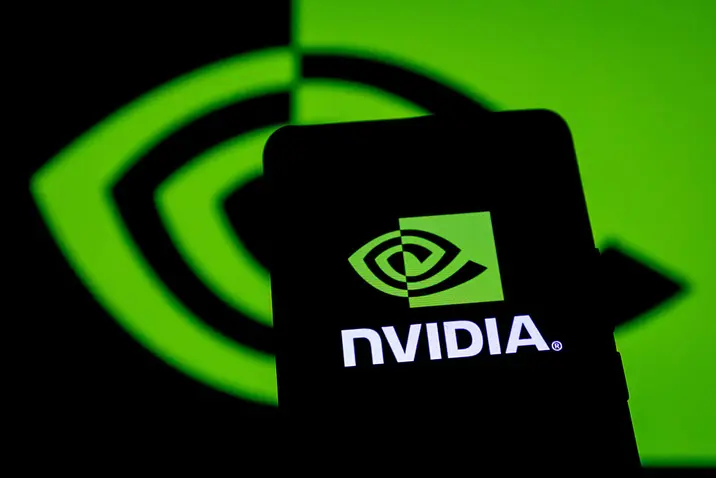
Nvidia resumes sales of H20 chips amid trade talks with China

Trump demands Intel CEO resign over conflicts
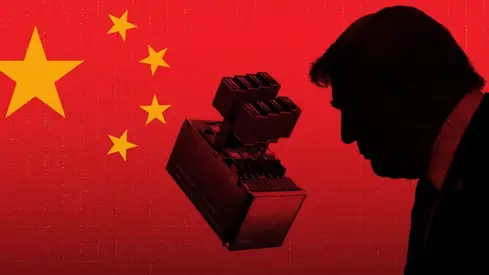
Billion-dollar Nvidia AI chips smuggled to China
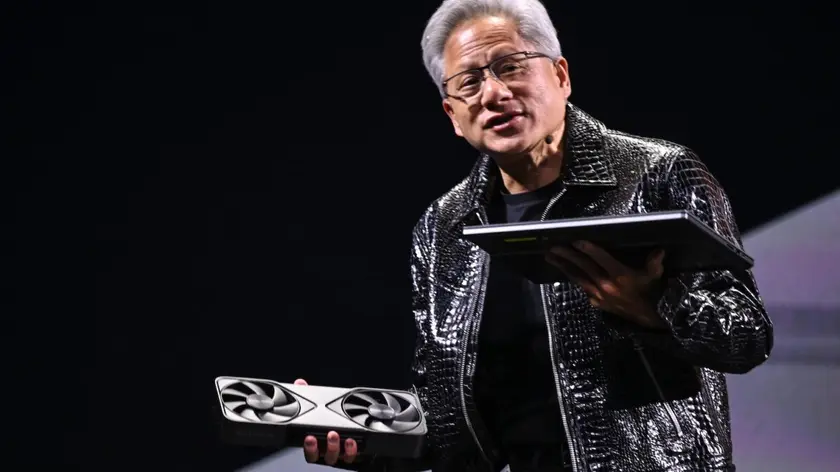
Nvidia gains China chip license after White House talks
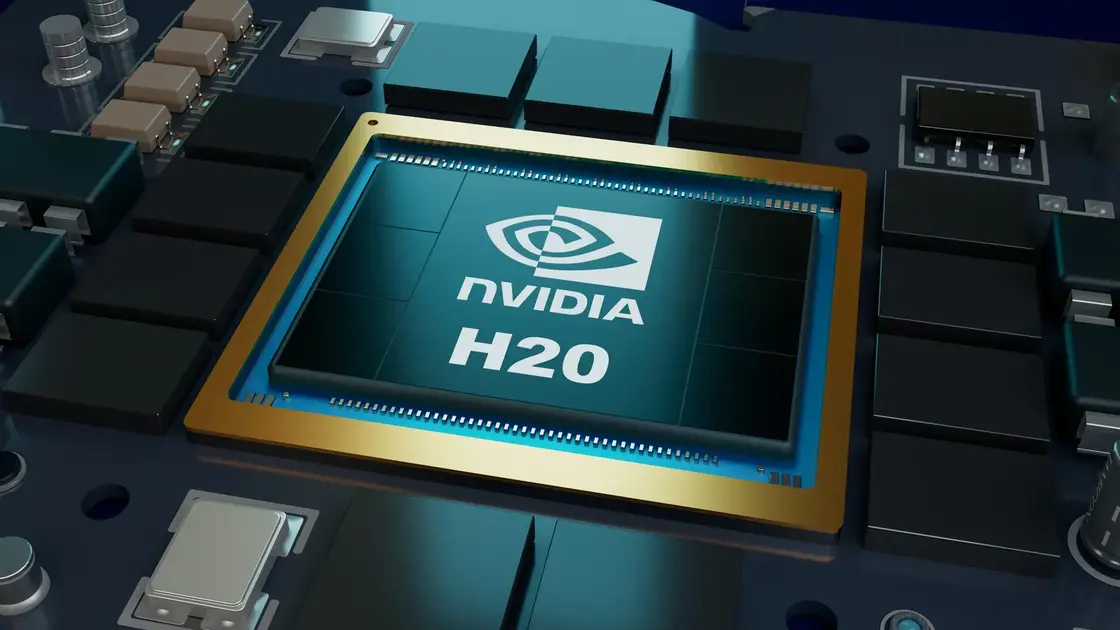
Nvidia AMD 15 percent China revenue levy announced
